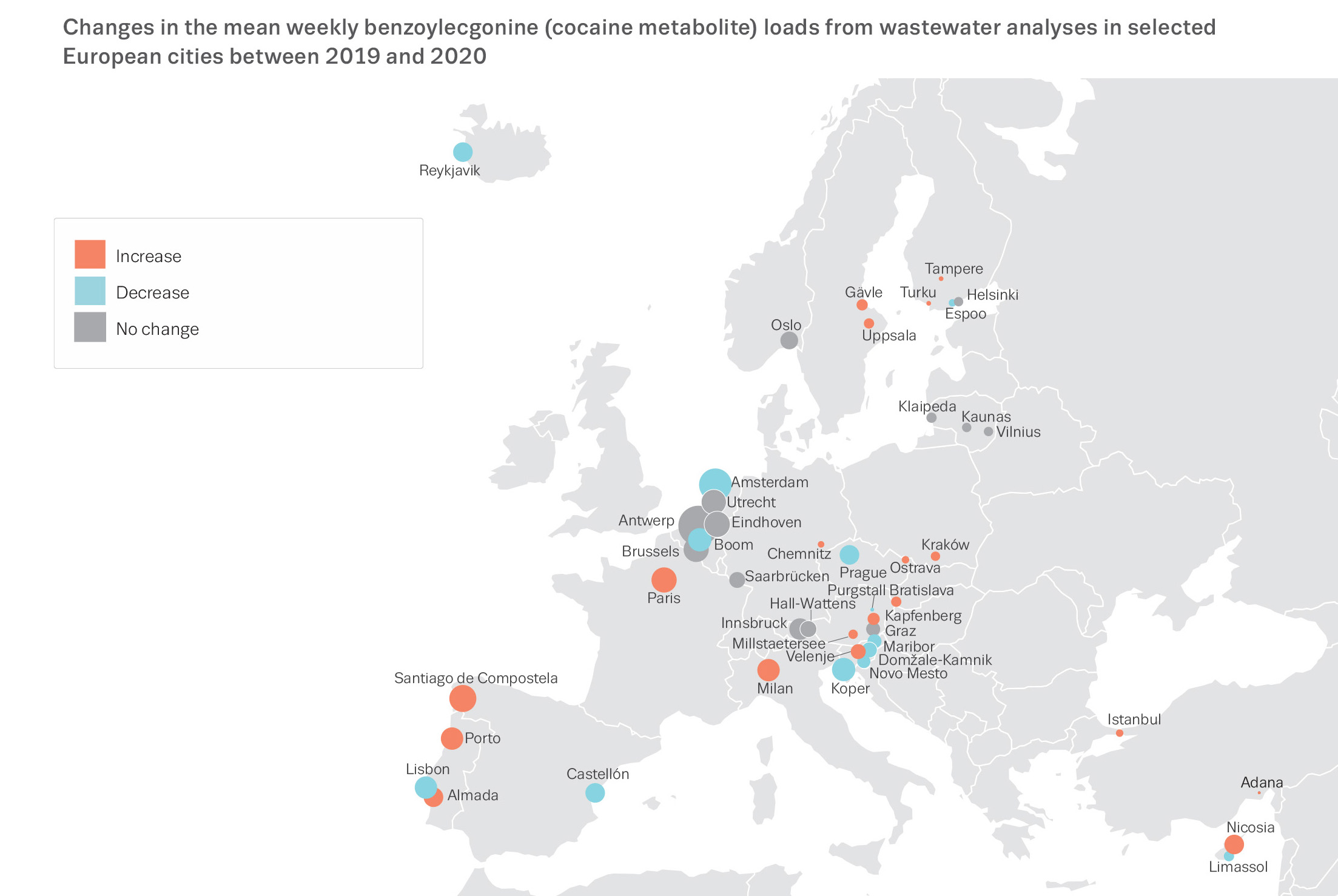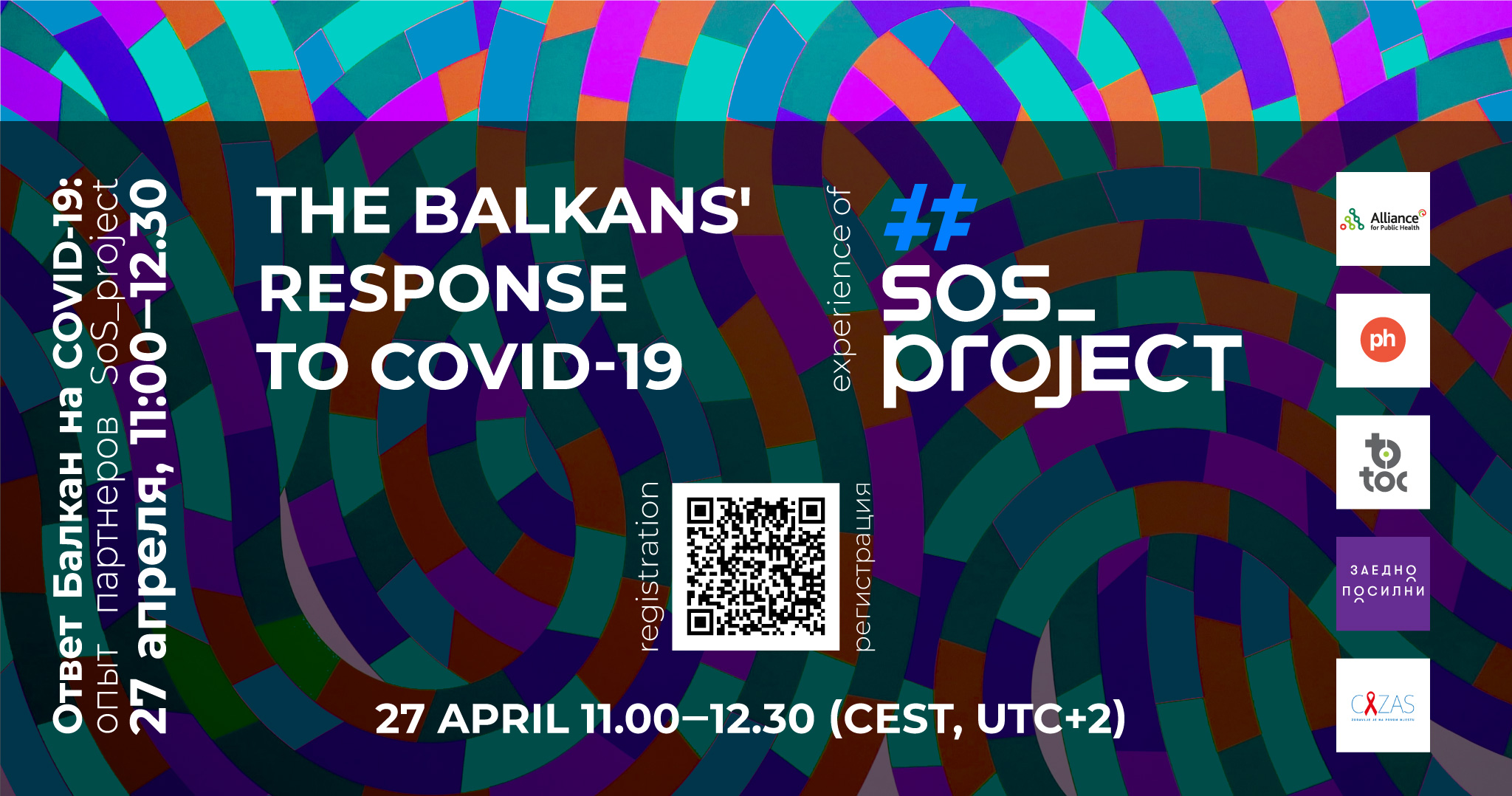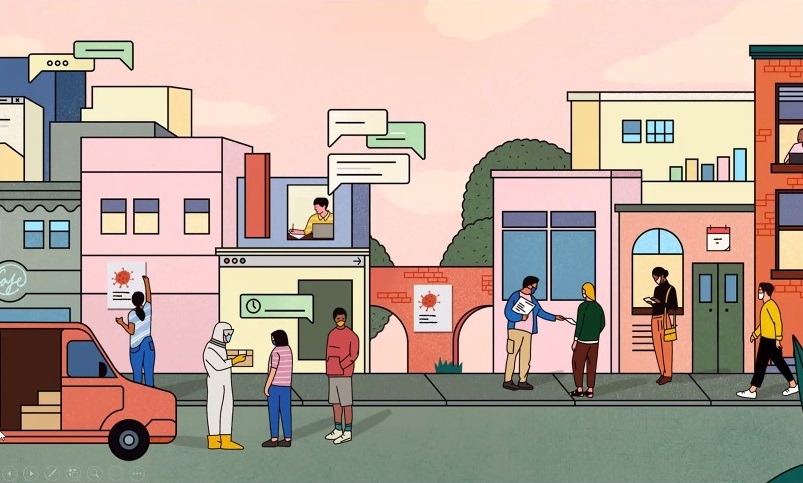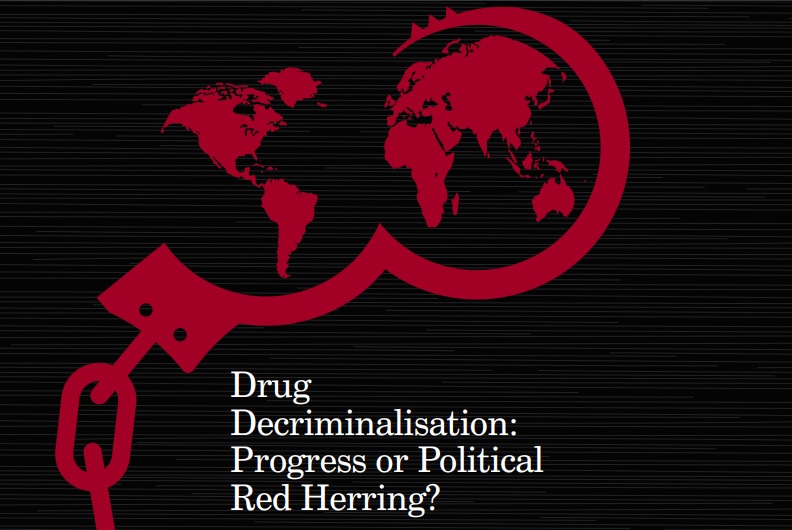 Eurasian Harm Reduction Association asks you to help us urge the Members of the Parliament – the Seimas of Lithuania – to support the drug policy changes (decriminalization project) in Lithuania and sign the attached letter.
Eurasian Harm Reduction Association asks you to help us urge the Members of the Parliament – the Seimas of Lithuania – to support the drug policy changes (decriminalization project) in Lithuania and sign the attached letter.
Until January 2017, possession of psychoactive substances in small amounts in Lithuania was considered an administrative offence, regulated by the Code of Administrative Offences and as a criminal offence, regulated by the Criminal Code. There were so-called legal collisions (conflict of laws).
In January 2017, procurement and possession of a small amount of an illicit drug with no intent to distribute became an offence punishable by community service, restraint of liberty, a fine or arrest. The same offence involving more than a defined small amount, became a criminal offence punishable by up to two years in prison.
Over the past 3 years alarming indicators have shown that drug policy in Lithuania is focused only on criminalization of people who use drugs and possess small amounts of drugs without intent to distribute them. For example, possession of illicit substance in small quantities without intent to supply accounted for 77% of all drug related offences committed in 2019. 63 % of the offenders were under the age of 29. Between 2014 and 2019 there was an increase by 53,9% of drug laws related offences without intent to distribute. Each year, about 750 people are serving a custodial sentence in prisons, which costs Lithuania around 10,5 million Euro per year. In 2019, 21,7% of all inmates were officially diagnosed with mental and behavioral disorders due to drug use. While in prisons there are no harm reduction services, and limited access to OST.
At the moment, the Seimas of Lithuania is considering decriminalization of small amounts of drugs without intent to distribute them. Civil society from Lithuania is looking for an international community support.
If your organisation wishes to support the letter, please fill in this form before 9th May (by midnight, Vilnius time). The letter will be sent to the Members of the Seimas before the final hearings.
Feel free to share this email with other organisations which may be interested in supporting the initiative!
In case you have any questions, do not hesitate to contact eliza@harmreductioneurasia.org.



 To access the report, please
To access the report, please 


 Communities and other stakeholders are encouraged to participate in the process leading up to the HLM and in the meeting itself.
Communities and other stakeholders are encouraged to participate in the process leading up to the HLM and in the meeting itself. 


 Aiming to better understand and support the network to respond to these emerging challenges, especially with regard to advocacy for drug policy reform centred on human rights and public health, the IDPC Secretariat initiated a process of documenting and analysing the experiences of civil society and governmental actors working in the context of the COVID-19 pandemic.
Aiming to better understand and support the network to respond to these emerging challenges, especially with regard to advocacy for drug policy reform centred on human rights and public health, the IDPC Secretariat initiated a process of documenting and analysing the experiences of civil society and governmental actors working in the context of the COVID-19 pandemic.

 To read the report, please
To read the report, please 
 INPUD is excited to present Drug Decriminalisation: Progress or Political Red Herring? This report, like our previous report on Portugal, is intended to open up the debate on decriminalisation and make clear the expectations people who use drugs have for future action on drug policy reform. Most importantly, it includes a call for full decriminalisation without sanctions as the new baseline for measuring progress on decriminalisation in the future.
INPUD is excited to present Drug Decriminalisation: Progress or Political Red Herring? This report, like our previous report on Portugal, is intended to open up the debate on decriminalisation and make clear the expectations people who use drugs have for future action on drug policy reform. Most importantly, it includes a call for full decriminalisation without sanctions as the new baseline for measuring progress on decriminalisation in the future. To read the report, please
To read the report, please 
 Out of 174 members in good standing 150 registered to vote and in the end 147 voters cast their ballots electronically. Jamie won 88 votes.
Out of 174 members in good standing 150 registered to vote and in the end 147 voters cast their ballots electronically. Jamie won 88 votes.